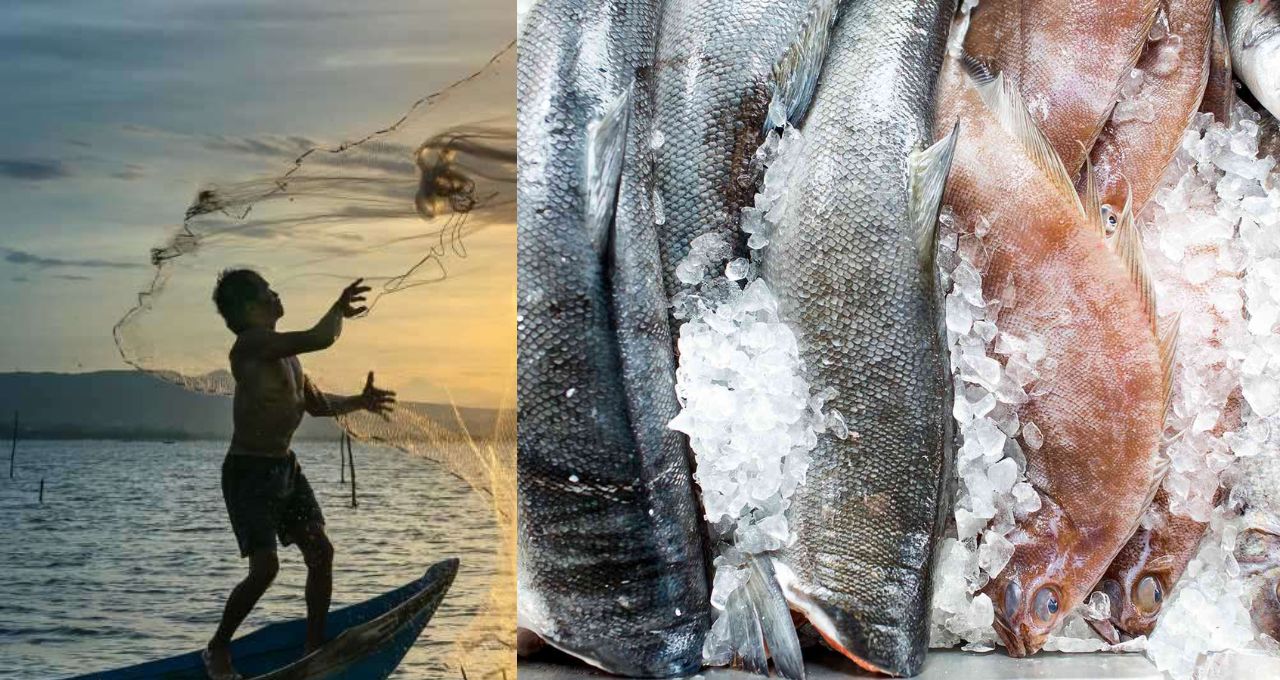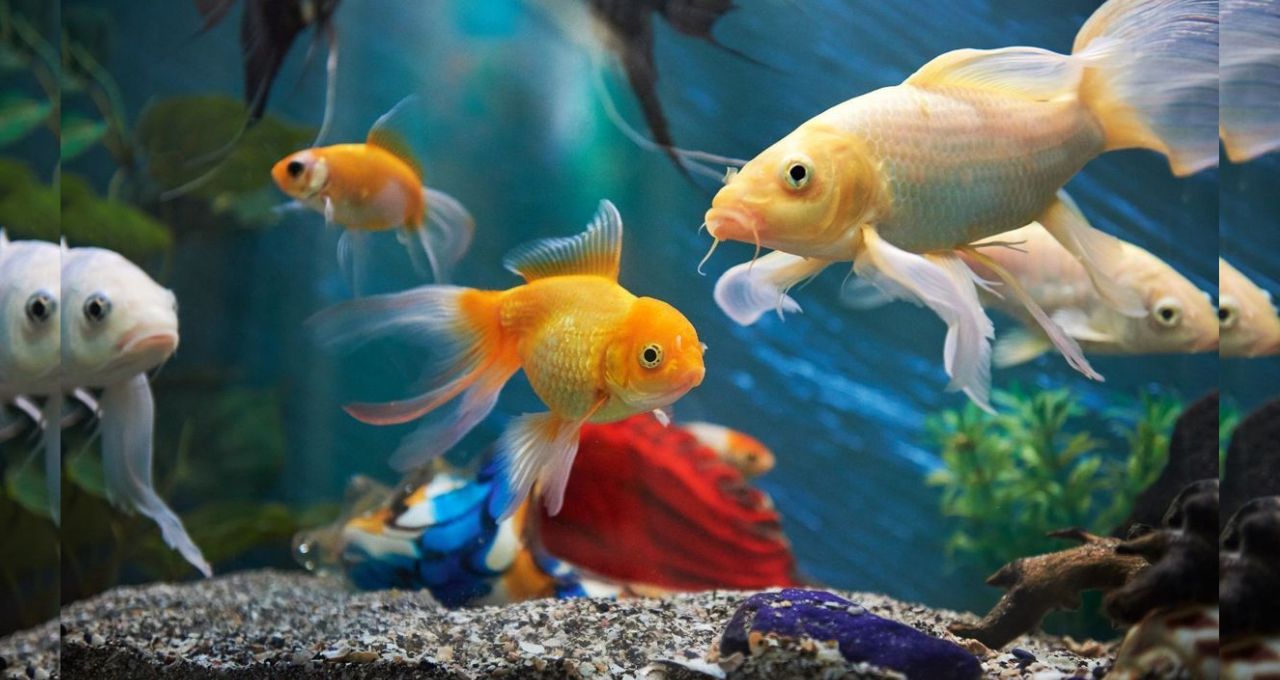Japan is a country where seafood, especially fish, is an integral part of the culinary culture. The Japanese place immense importance on the freshness of fish. They can discern such subtle differences in taste and texture that they can readily determine a fish's freshness. Frozen or stale fish is unacceptable to them, no matter how appealing its presentation.
The Beginning of the Problem: Fish from Distant Shores
Over time, the fish population in Japan's coastal areas began to dwindle. Fishermen had to venture further and further out to sea to catch fish. Consequently, the time taken to return with their catch increased significantly. As a result, the freshness of the fish was compromised.
Customers, upon seeing, smelling, or touching such fish, immediately recognized its lack of freshness and refused to buy it. This situation became a major concern for the fishermen.
First Attempt: Storing Fish in Freezers

To find a solution to this problem, fishermen installed large freezers on their boats. They would catch the fish and store them in the freezers at sea to preserve them for longer periods.
But this measure also proved unsuccessful.
Customers clearly stated—
"We don't want frozen fish; we want freshness."
Second Attempt: Keeping Fish Alive in Water Tanks

The fishermen then installed large water tanks on their boats. The fish were kept alive in these tanks. Customers found this method better than before, as the fish were alive.
However, after tasting the fish, their feedback was—
"Yes, the fish are alive, but they lack freshness."
This surprised the fishermen. The fish were alive, yet why was there no freshness?
The Real Reason for the Problem: Lack of Challenges
When experts tried to understand this, an important conclusion emerged.
Although the fish were alive in the tanks, they were inactive and weary. There was no threat, no movement in the tank. The fish swam in still water, gradually becoming sluggish and lethargic.
Their vitality and energy were depleted, which is the true basis of freshness.
Final Solution: Using a Shark
Then, an experienced fisherman suggested a unique solution. He said—
"Put a small shark in the tank."
This suggestion was shocking, but it contained a profound meaning. The presence of the shark forced the fish to remain alert. To save their lives, they remained constantly active, agile, and vigilant.
And so it happened. The small shark placed in the tank did frighten the fish, but this fear infused them with new energy.
When these fish were sold in the market, customers found them as fresh as if they had just been caught from the sea.
Life Lesson: The Necessity of a Shark
This story reveals a deeper truth of life, beyond the freshness of fish.
In human life, too, this often happens. When we live in a safe and comfortable environment without any challenges or struggles, our energy, motivation, and creativity gradually diminish.
But when a 'shark' enters our lives—be it the pressure of an exam, a difficult project, relationship complexities, or financial problems—it makes us alert, keeps us vigilant, and awakens our hidden potential.
Challenges Are Essential in Life
Challenges don't break us; they refine us. They inspire us to go beyond our limitations.
If there is no such 'shark' in our lives, we should set goals and challenges for ourselves.
Learning new skills, taking on difficult tasks, taking risks—all these things maintain our inner freshness.
Struggle Makes Life Meaningful.
Freshness is not only in the body but also in mental activity and spiritual energy.
The person who does not fear challenges but faces them is truly 'fresh' and vibrant.
Learning:
Never shy away from situations in life that make you uncomfortable. Because those very situations are your greatest teachers. The shark that keeps the fish fresh, those challenges make you vibrant and capable.














